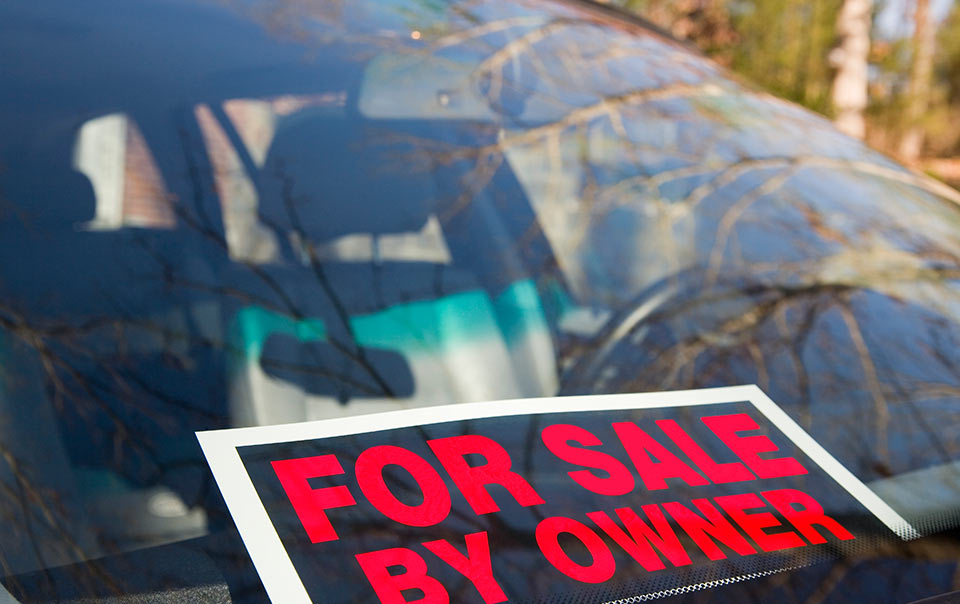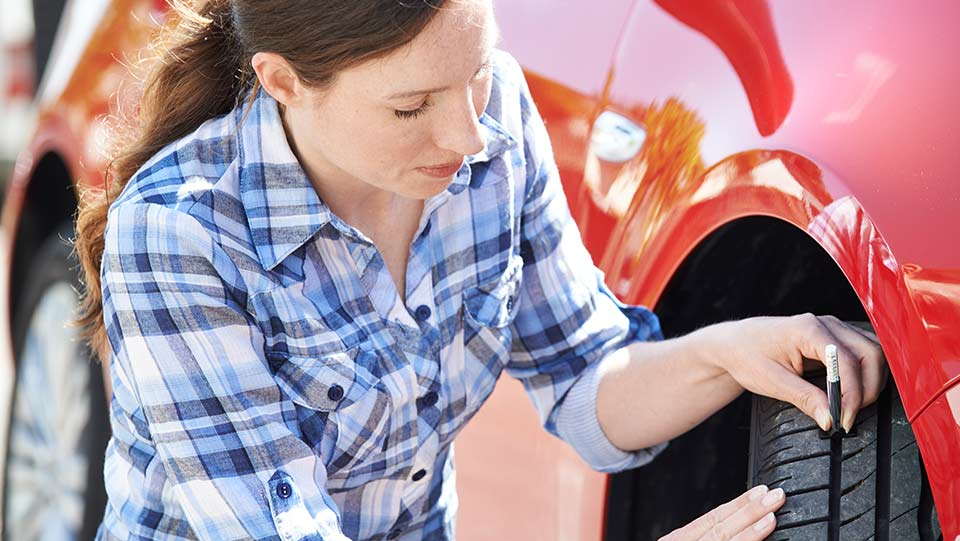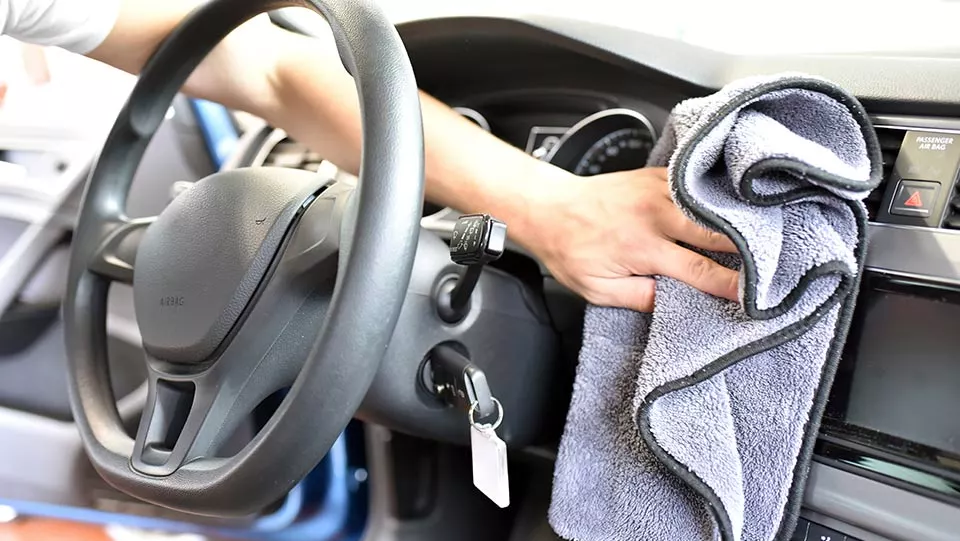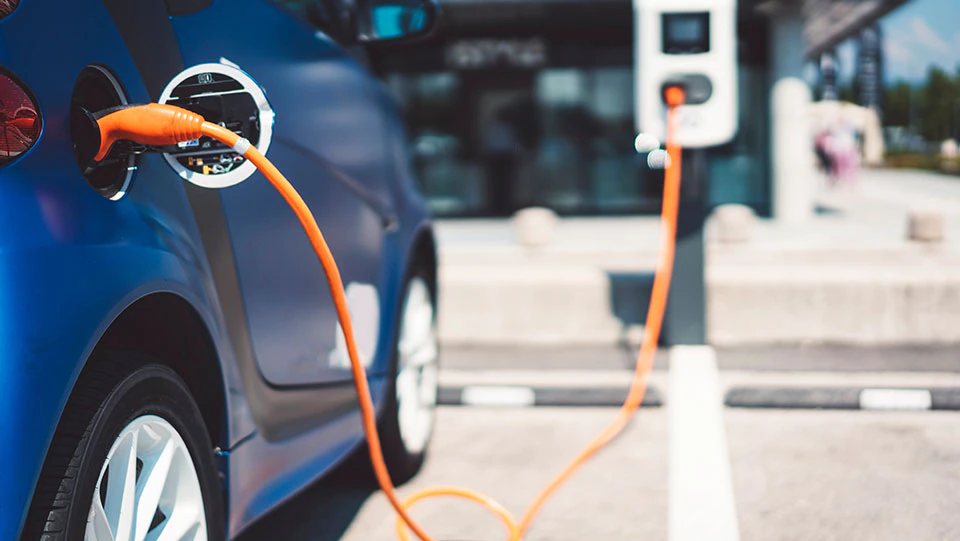Should I Buy a New or Used Car?


Before you decide whether to buy a new or used car, it's important to consider the reasons you're making the purchase.
If you're simply looking for an economical mode of transportation, a used car may be an option. Price isn't everyone's top priority, however. Many buyers are willing to pay extra for a car that's free of mechanical problems. Others like the idea of being a vehicle's first owner.
Here's a checklist of seven things to consider before you buy your next car.
1. Is having the latest car technology important to you?
Car manufacturers have embraced new technology to improve the driving experience and improve passenger safety. The newer the car, the more high-tech features it's likely to have. Are you looking for a Bluetooth stereo system that connects to your smartphone? How about a rear-view camera that makes it easier to back up? Do you want an automatic braking system that deploys when a collision is imminent? If so, you should think about buying a new car.
2. How much are you willing to spend on car insurance?
New cars are more costly to repair or replace than used cars. In general, the more you pay for a car, the more it costs to insure. If saving money on insurance is important to you, a used car may work out best. The Insurance Information Institute says agents can estimate how much your insurance will cost before you make your purchase.1
3. Do you want a car that enhances your image?
Many people view new cars as status symbols.2 Any car can take you from Point A to Point B, but a new car has more cachet. There's nothing like the gleam of a factory-fresh paint job to turn heads. If impressing friends or business associates is a priority, a new car may be right for you.
4. Are you prepared to deal with maintenance issues?
While used cars cost less than new ones, they typically require more maintenance. The older the car, the more often you're likely to visit the repair shop. According to Autotrader.com,3 you can minimize the chances of buying a used car with serious maintenance problems if you first have it inspected by a mechanic and obtain a vehicle history report from companies like Carfax and AutoCheck. No matter how well a car has been maintained, nothing lasts forever. If you dislike upkeep, you may dislike owning a used car.
5. Are you aware of new car depreciation?
A new car begins depreciating in value the moment you drive it away from a dealership. New vehicles typically depreciate between 15% and 25% each year over the first five years of ownership.4 It's not unusual for motorists to owe more on their new cars than they could recover if they resold them. If you're not prepared to absorb this loss in valuation, you should consider buying a used vehicle.
6. Will a teenager be driving the car?
The modern safety technology that new cars offer seems made to order for inexperienced teenage drivers. The problem is that new cars are very expensive to insure for teens. That's because inexperienced drivers are more likely than others to have collisions. If you're buying a car for a teen, your challenge is to find a car that strikes a good balance between car safety and affordability. For guidance, the National Highway Traffic Safety Administration provides detailed safety ratings for vehicles manufactured since 2011.
7. How much time are you willing to spend shopping?
The process of buying a new car is fairly simple. You go to a dealership and pick the model you want. The car you choose should be in sound mechanical condition. According to Edmunds.com, new cars come with a limited warranty of at least three years and a power train warranty of at least five years.5 That means you won't need to consult a mechanic before making your purchase. In contrast, finding a used car takes more time. You may visit numerous car lots before you find one that meets your standards. If you lack the time, a new car may work out best.
Sources
1 http://www.iii.org/press-release/buying-a-new-car-or-truck-consider-auto-insurance-costs-and-protect-your-loan-when-trading-up-091713
2 http://www.msn.com/en-us/autos/research/top-14-status-symbol-cars-at-bargain-prices/ss-AA6AJry
3 http://www.autotrader.com/car-shopping/4-questions-to-help-you-decide-on-a-new-or-used-car-167808
4 https://www.edmunds.com/car-buying/how-fast-does-my-new-car-lose-value-infographic.html
5 https://www.edmunds.com/car-buying/should-i-buy-a-new-car-or-a-used-luxury-car.html



